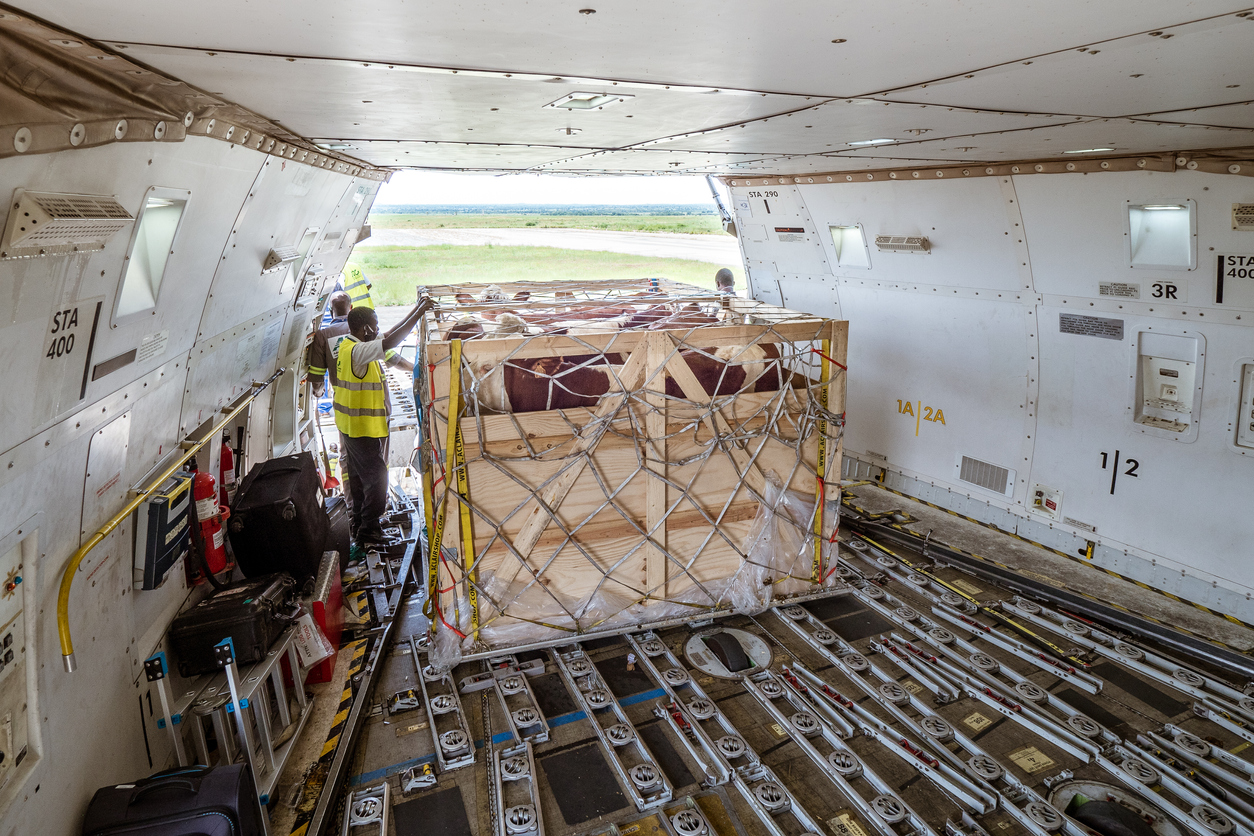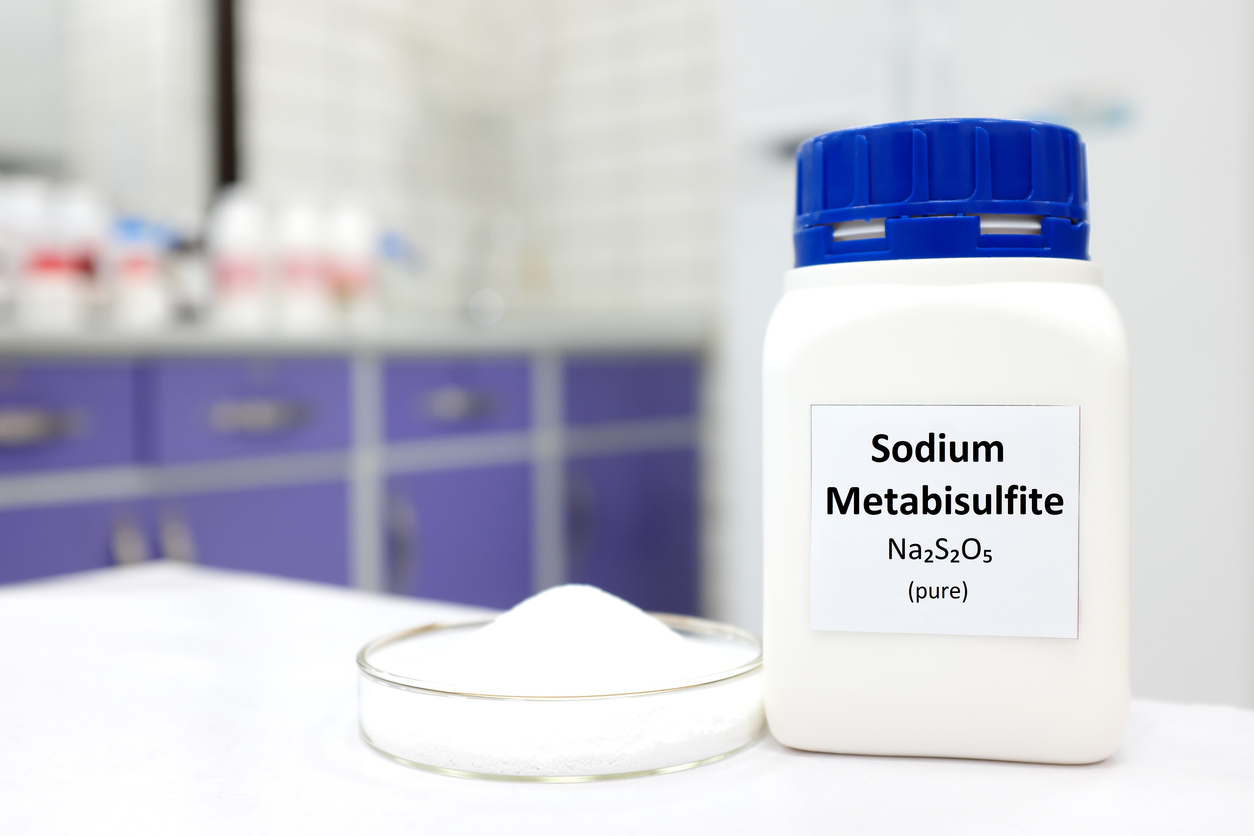Streamlining Air Import/Export Clearance in Ghana with Wigmore Trading: A Complete Guide
Streamlining Air Import/Export Clearance in Ghana with Wigmore Trading: A Complete Guide
Welcome to the world of international trade, where efficiency and precision are key. If you’re involved in air import/export operations in Ghana, then you know how crucial it is to navigate through the complex web of customs clearance processes seamlessly. Luckily, we have a game-changer for you: Wigmore Trading! In this comprehensive guide, we will take you on a journey of streamlining your air import/export clearance procedures with Wigmore Trading’s expert services. Get ready to say goodbye to unnecessary delays and hello to hassle-free shipping as we unveil a complete roadmap toward smoother transactions. So buckle up and let us help you soar high in the realm of global commerce with ease!
Introduction to Wigmore Trading and their services
Introduction to Wigmore Trading and their Services
Wigmore Trading is a leading logistics and supply chain management company based in Ghana. With over 20 years of experience in the industry, Wigmore Trading has established itself as a trusted partner for businesses looking to streamline their air import/export clearance process.
Their services are designed to cater to the needs of both small and large-scale businesses, providing efficient, cost-effective solutions that ensure smooth movement of goods across borders. In this section, we will take an in-depth look at Wigmore Trading and the range of services they offer.
Air Import/Export Clearance Services
One of the core services offered by Wigmore Trading is air import/export clearance. The company has extensive knowledge and expertise in handling all types of cargo through air transportation, from perishable goods to oversized shipments. They work closely with local authorities and have established strong relationships with airlines, allowing them to provide timely and hassle-free customs clearance for both inbound and outbound shipments.
Customs Documentation Assistance
Navigating through complex customs procedures can be daunting for businesses without prior experience. This is where Wigmore Trading’s expertise comes into play. Their team of experts provides comprehensive documentation assistance to ensure all necessary paperwork is accurate and complete, avoiding any delays or penalties due to errors.
Cargo Tracking System
Another key service provided by Wigmore Trading is their advanced cargo tracking system. It allows customers to monitor their shipments in real-time from anywhere in the world.
Understanding the process of air import/export clearance in Ghana
Air import/export clearance is an essential process for any business involved in international trade. In Ghana, the process can often be complex and time-consuming, causing delays and increasing costs for businesses. However, with the help of Wigmore Trading, a leading logistics service provider in Ghana, air import/export clearance can be streamlined to make it more efficient and hassle-free.
To understand the process of air import/export clearance in Ghana better, let’s break it down into three main stages: pre-clearance procedures, customs clearance, and post-clearance procedures.
Pre-Clearance Procedures
The first step in the air import/export clearance process is to ensure that all necessary documents are prepared before the shipment arrives at the airport. This includes obtaining an Import Declaration Form (IDF) from the Ghana Revenue Authority (GRA), which serves as a declaration of goods being imported or exported. The IDF must be processed before goods arrive at the port of entry or exit.
In addition to an IDF, other documents required for air import/export include a commercial invoice, packing list, bill of lading/airway bill, certificate of origin, and any applicable permits or licenses. These documents must be accurate and complete to avoid any delays during customs clearance.
Customs Clearance
Once all necessary documents are in order, the next stage is customs clearance. At this point, your shipment will go through a series of checks by customs officials to ensure compliance with regulations and payment of duties and taxes if applicable.
Benefits of using Wigmore Trading for air import/export clearance
When it comes to international trade, air import/export clearance is a crucial step in the process. It involves obtaining the necessary documents and approvals from customs authorities to bring goods into or out of a country by air. As with any bureaucratic process, this can be time-consuming and complicated, especially for those who are not familiar with the regulations and procedures involved.
This is where Wigmore Trading comes in – an experienced and trusted partner for businesses looking to streamline their air import/export clearance process in Ghana. Here are some of the key benefits of using Wigmore Trading for your air import/export clearance needs:
1. Expertise and Knowledge: With over 15 years of experience in the industry, Wigmore Trading has a deep understanding of the complexities involved in air import/export clearance. They have a team of experts who are well-versed with local laws, regulations, and procedures, ensuring that your goods are cleared efficiently and without any delays.
2. Time-saving: Time is money when it comes to international trade. Every day that your goods are held up at customs means lost revenue for your business. By entrusting your air import/export clearance to Wigmore Trading, you can save valuable time as they handle all the paperwork and liaise with customs on your behalf.
3. Cost-effective: Clearing goods through customs can be an expensive affair if not done properly or efficiently. At Wigmore Trading, they understand this concern and work towards minimizing costs while ensuring compliance with all regulatory requirements.
Step-by-step guide on how to streamline the process with Wigmore Trading
Step-by-step guide on how to streamline the process with Wigmore Trading:
1. Understand the Import/Export Regulations in Ghana: The first step towards streamlining the air import/export clearance process is to have a thorough understanding of the regulations and laws governing trade in Ghana. This includes knowing about import licensing, customs duties, documentation requirements, and prohibited/restricted items.
2. Choose Wigmore Trading as your partner: As one of the leading logistics companies in Ghana, Wigmore Trading has extensive experience and expertise in handling air import/export clearance procedures. By choosing them as your partner, you can ensure a smooth and hassle-free process.
3. Preparing necessary documents: Before initiating the clearance process, it is essential to gather all the necessary documents required by customs authorities. These may include commercial invoices, packing lists, certificates of origin, permits or licenses (if applicable), and other relevant paperwork.
4. Submitting documentation to Wigmore Trading: Once you have gathered all the required documents, submit them to Wigmore Trading for verification and processing. They will review the paperwork and advise if any additional information or documents are needed.
5. Payment of Duties & Taxes: Upon submission of all necessary documentation, Wigmore Trading will calculate the applicable customs duties and taxes based on the value of goods being imported or exported. You can make payments through their online portal or at their office location.
– Pre-clearance procedures and documents needed
Pre-clearance procedures and documents are an essential aspect of air import/export clearance in Ghana. These procedures and requirements must be carefully followed to ensure a smooth and efficient process. In this section, we will provide a detailed breakdown of the pre-clearance procedures and the necessary documents needed for air import/export clearance in Ghana.
1. Pre-Clearance Procedures:
The pre-clearance procedures for air import/export clearance in Ghana involve several steps that must be completed before the goods can enter or leave the country. These steps include:
a) Obtain Import/Export License: The first step is to obtain an import/export license from the appropriate authority in Ghana. This license is required for all imports and exports, except for personal effects.
b) Register with Customs: All entities involved in international trade, including importers, exporters, and freight forwarders, must register with Customs through their local office or online via the National Single Window platform.
c) Declare Goods: Once registered with Customs, you will need to declare your goods using either a manual or electronic declaration form. This form contains information such as the description of goods, value of goods, origin of goods, mode of transport, etc.
d) Pay Duties: After declaring your goods, you will need to pay any applicable duties and taxes based on the classification and value of your goods. Payment can be made at designated banks or online via the National Single Window platform.
– Post-clearance procedures and documentation requirements
After the goods have been cleared by customs, there are still a few post-clearance procedures and documentation requirements that need to be completed before the shipment can be fully processed. In this section, we will discuss these procedures and requirements in detail.
1. Duty Payment:
Once the goods have been cleared by customs, the importer or their agent must pay any applicable duties and taxes. This is usually done through a bank transfer or cash payment at the designated customs office. It is important to note that duty payments must be made within a specified time frame, usually 15 days after clearance, otherwise penalties may apply.
2. Final Inspection:
In some cases, customs authorities may conduct a final inspection of the goods before releasing them for delivery. This is done to ensure that all regulations and standards have been met and there are no discrepancies between the documents submitted and the actual goods being imported/exported.
3. Cargo Release Order (CRO):
A Cargo Release Order (CRO) is issued by customs once all duties and taxes have been paid and any necessary inspections have been completed. This document serves as proof that the cargo has been released from customs control and can now be delivered to its final destination.
4. Delivery of Goods:
With all necessary procedures completed, the goods can now be delivered to their destination specified on the shipping documents. Depending on whether you are importing or exporting, this could involve coordinating with freight forwarders or arranging for pickup from a designated warehouse.
– Tracking and monitoring shipments with Wigmore Trading’s online platform
Wigmore Trading’s online platform offers a user-friendly and efficient way to track and monitor your shipments, providing real-time updates and transparency throughout the import/export clearance process.
One of the key benefits of using Wigmore Trading’s online platform is the ability to easily track and monitor your shipments. With just a few clicks, you can access detailed information about your shipment’s location, estimated arrival time, and any potential delays or issues that may arise.
To get started, all you need is an internet connection and login credentials for Wigmore Trading’s online platform. Once logged in, you will be directed to a dashboard where you can view all your current shipments along with their status.
The platform uses advanced tracking technology to provide accurate and up-to-date information on the whereabouts of your shipment. This feature allows you to plan ahead and make necessary arrangements for customs clearance or other logistics based on the expected arrival time of your goods.
In addition to tracking the physical location of your shipment, Wigmore Trading’s online platform also allows you to monitor its progress through each stage of the import/export clearance process. This includes customs documentation submission, compliance checks, inspections, duty payments, and final delivery.
You will receive notifications at every step of the process, ensuring that you are always informed about any changes or updates regarding your shipment. This level of transparency gives you peace of mind knowing that there are no hidden surprises that could potentially delay or disrupt your supply chain.








Comments are closed.